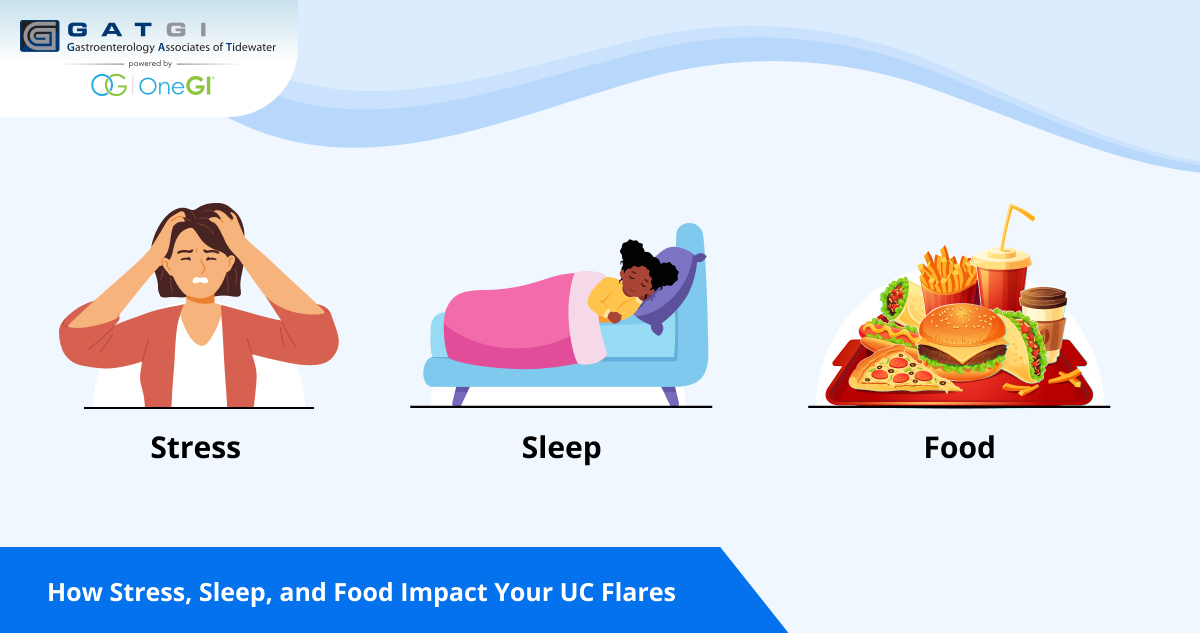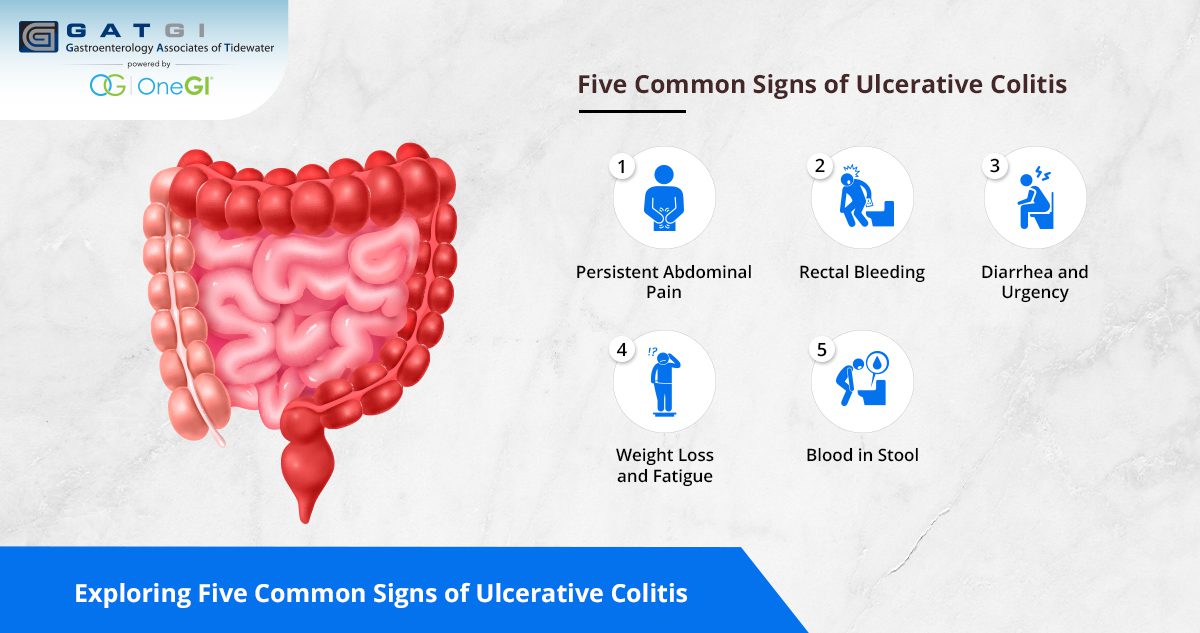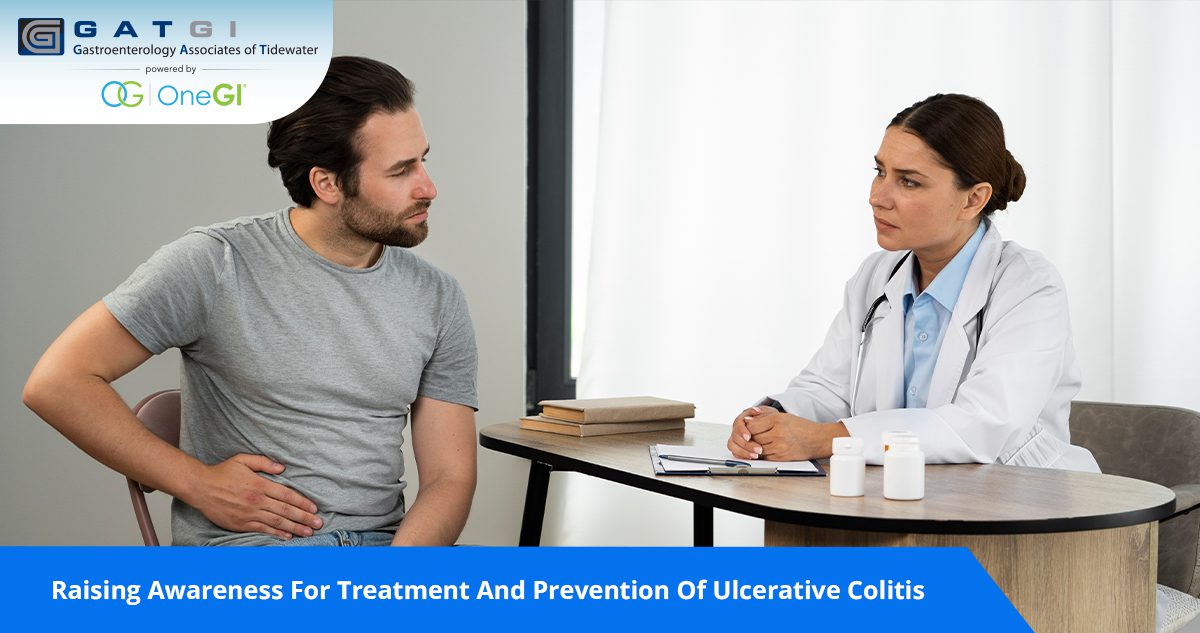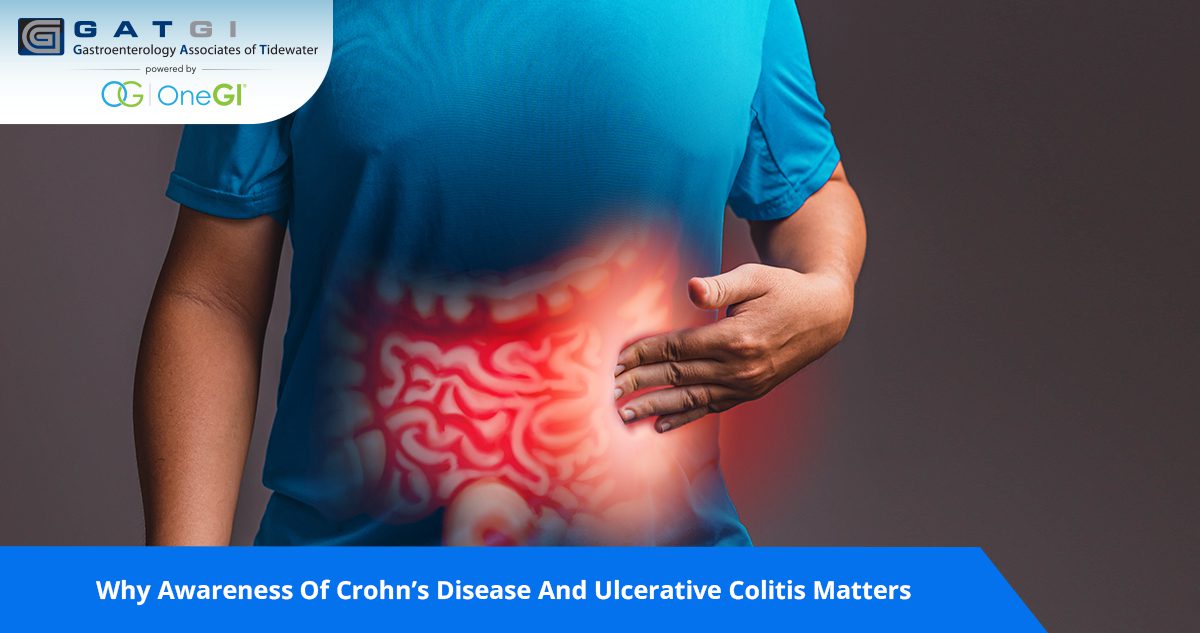Ulcerative colitis affects millions of people worldwide. This inflammatory bowel disease causes chronic inflammation in the large intestine. While what causes UC flares remains unknown, research suggests that certain lifestyle factors can significantly trigger them.
Understanding what causes UC flares helps you take control of your condition. Three factors stand out as major ulcerative colitis flare triggers: stress levels, sleep quality, and dietary choices. Each of these elements affects your immune system and gut health in different ways.
How Stress Affects Your Ulcerative Colitis
Stress affects ulcerative colitis by triggering symptoms and increasing inflammation in the digestive system. When you’re stressed, your body releases hormones like cortisol, which can worsen inflammation in your colon.
Research shows that UC flares are common during stressful times, like work deadlines or major life changes. This happens because stress disrupts the gut-brain connection, where nerves in your digestive system communicate with your brain, leading to more discomfort and inflammation.
Managing Stress for Better UC Control
Stress management becomes essential for controlling your symptoms. Several techniques prove effective:
- Deep breathing: Practice slowly for 5 minutes twice daily to relax.
- Meditation: Just 10 minutes a day lowers stress and inflammation.
- Muscle relaxation: Release tension by working through each muscle group.
- Therapy: Professional support, especially CBT, helps manage chronic illness stress.
- Support groups: Share experiences to reduce isolation and gain coping tips.
Sleep Quality and UC Flares
Poor sleep directly impacts your immune system function. When you don’t get enough quality sleep, your body produces more inflammatory substances. This increased inflammation triggers UC symptoms. Sleep disturbances affect up to 70% of people with inflammatory bowel disease.
- Pain, urgency, and frequent bathroom trips disrupt normal sleep patterns, creating a cycle of poor sleep and worsening symptoms.
- Poor sleep further exacerbates symptoms, leading to more sleep disruption.
- Studies show that people with UC who sleep less than six hours per night experience more frequent flares.
- Sleep deprivation slows down healing and reduces the effectiveness of treatments.
Improving Sleep for Better Digestive Health
Quality sleep supports your body’s natural healing processes. These strategies help improve your sleep:
- hysical activity improves sleep quality when done earlier in the day.Stick to a consistent sleep schedule, even on weekends.
- Optimize your bedroom for rest: cool, dark, quiet, and free of blue light.
- Create relaxing bedtime habits like warm baths or reading.
- Avoid caffeine after 2 PM and limit fluids before bed.
- Exercise regularly, but not right before sleep.
Foods That Trigger UC Flares
Identifying and avoiding foods that trigger ulcerative colitis flares can help manage symptoms and reduce discomfort.
While no single diet works for everyone, certain foods commonly trigger symptoms in many patients.
- High-fiber foods: Can worsen symptoms during flares (e.g., raw vegetables, whole grains, nuts). Tolerance varies by individual.
- Dairy products: May trigger symptoms, especially for those with lactose intolerance (e.g., milk, cheese, ice cream).
- Spicy foods, alcohol, and caffeine: Stimulate the digestive system, increasing urgency and inflammation.
- Processed foods: Often contain additives and preservatives that trigger symptoms.
- High-sulfur foods: Foods like eggs and red meat may increase inflammation for some.
Dietary Strategies for UC Management
Working with healthcare providers helps you identify personal trigger foods. Keep a detailed food diary to track symptoms and identify patterns.
- Eat smaller, frequent meals to ease digestion and stabilize blood sugar.
- Opt for lean proteins like fish, chicken, or tofu.
- Cook vegetables until soft for easier digestion.
- Stay hydrated with water; skip carbonated drinks.
- Use elimination diets (with guidance) to identify triggers.
- Include anti-inflammatory foods like fish, greens, and berries.
Professional Guidance for UC Management
Managing ulcerative colitis requires a team approach. Your gastroenterologist monitors the disease, adjusts treatments, and screens for complications. Regular tests like blood work, stool samples, and colonoscopies track progress.
Dietitians provide personalized nutrition plans to support healing, while mental health professionals help manage stress. Coordinating with primary care and other specialists ensures comprehensive care for better outcomes.
Taking Control of Your UC
Understanding ulcerative colitis flare triggers can help you make informed decisions about your health, and the experts in gastroenterology in Chesapeake, VA are here to guide you. Stress management, quality sleep, and thoughtful food choices all contribute to better symptom control.
Remember that UC management requires patience and persistence. What works for others may not work for you. Finding your personal triggers and effective management strategies takes time.
Get expert care for ulcerative colitis and other gastrointestinal disease treatment with Gastroenterology Associates of Tidewater. Our board-certified specialists create personalized treatment plans for UC and other digestive conditions.
Don’t let UC control your life. Take the first step toward better digestive health today. Schedule a consultation with a GI doctor in Chesapeake, VA by calling (757) 547-0798.







